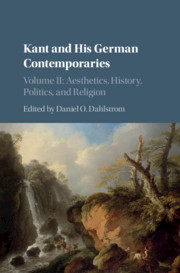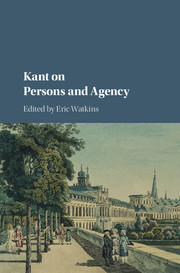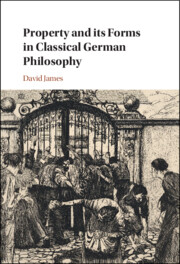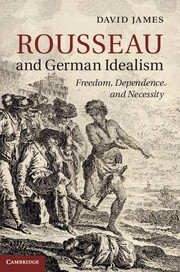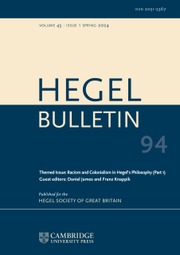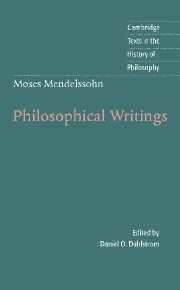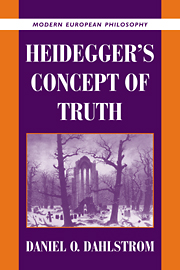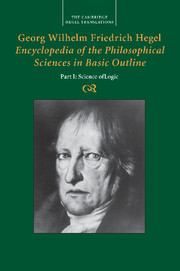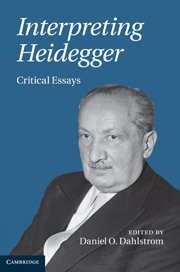Kant and his German Contemporaries
Kant's philosophical achievements have long overshadowed those of his German contemporaries, often to the point of concealing his contemporaries' influence upon him. This volume of new essays draws on recent research into the rich complexity of eighteenth-century German thought, examining key figures in the development of aesthetics and art history, the philosophy of history and education, political philosophy, and the philosophy of religion. The essays range over numerous thinkers including Baumgarten, Mendelssohn, Meyer, Winckelmann, Herder, Schiller, Hamann and Fichte, showing how they variously influenced, challenged, and revised Kant's philosophy, at times moving it in novel directions unacceptable to the magister himself. The volume will be valuable for all who are interested in this distinctive period of German philosophy.
- Situates Kant's thought in the context of his German contemporaries
- Re-examines the distinctively German inauguration of aesthetics and art history in the eighteenth century
- Identifies creative departures from Kant's thought in the areas of educational and political philosophy
- Explores several pressing religious concerns of the period – from questions of pantheism and immortality to the relation of faith and reason – in light of Kant's responses to them
Product details
September 2018Adobe eBook Reader
9781316836118
0 pages
0kg
This ISBN is for an eBook version which is distributed on our behalf by a third party.
Table of Contents
- Introduction
- Part I. Aesthetic Perspectives:
- 1. Baumgarten, Meier, and Kant on aesthetic perfection J. Colin McQuillan
- 2. Mendelssohn, Kant, and the aims of art Paul Guyer
- 3. Winckelmann's Greek ideal and Kant's critical philosophy Michael Baur
- Part II. Historical Perspectives:
- 4. Eighteenth-century anthropological and ethnological studies of Ancient Greece: Winckelmann, Herder, Caylus, and Kant Elisabeth Décultot
- 5. Conjectural truths: Kant and Schiller on educating humanity Lydia L. Moland
- 6. Herder's theory of organic forces and its Kantian origins Nigel DeSouza
- Part III. Political Perspectives:
- 7. Kant and Mendelssohn: enlightenment, history, and the authority of reason Kristi Sweet
- 8. Johann Jakob Moser and Immanuel Kant on public law and the German religious constitution Ian Hunter
- 9. A family quarrel: Fichte's deduction of right and recognition Gabriel Gottlieb
- Part IV. Religious Perspectives:
- 10. Rational faith and the pantheism controversy: Kant's 'orientation essay' and the evolution of his moral argument Brian A. Chance and Lawrence Pasternack
- 11. Reason and immortality – Herder versus Kant Marion Heinz
- 12. Reason within the limits of religion alone: Hamann's onto-christology Daniel O. Dahlstrom.

